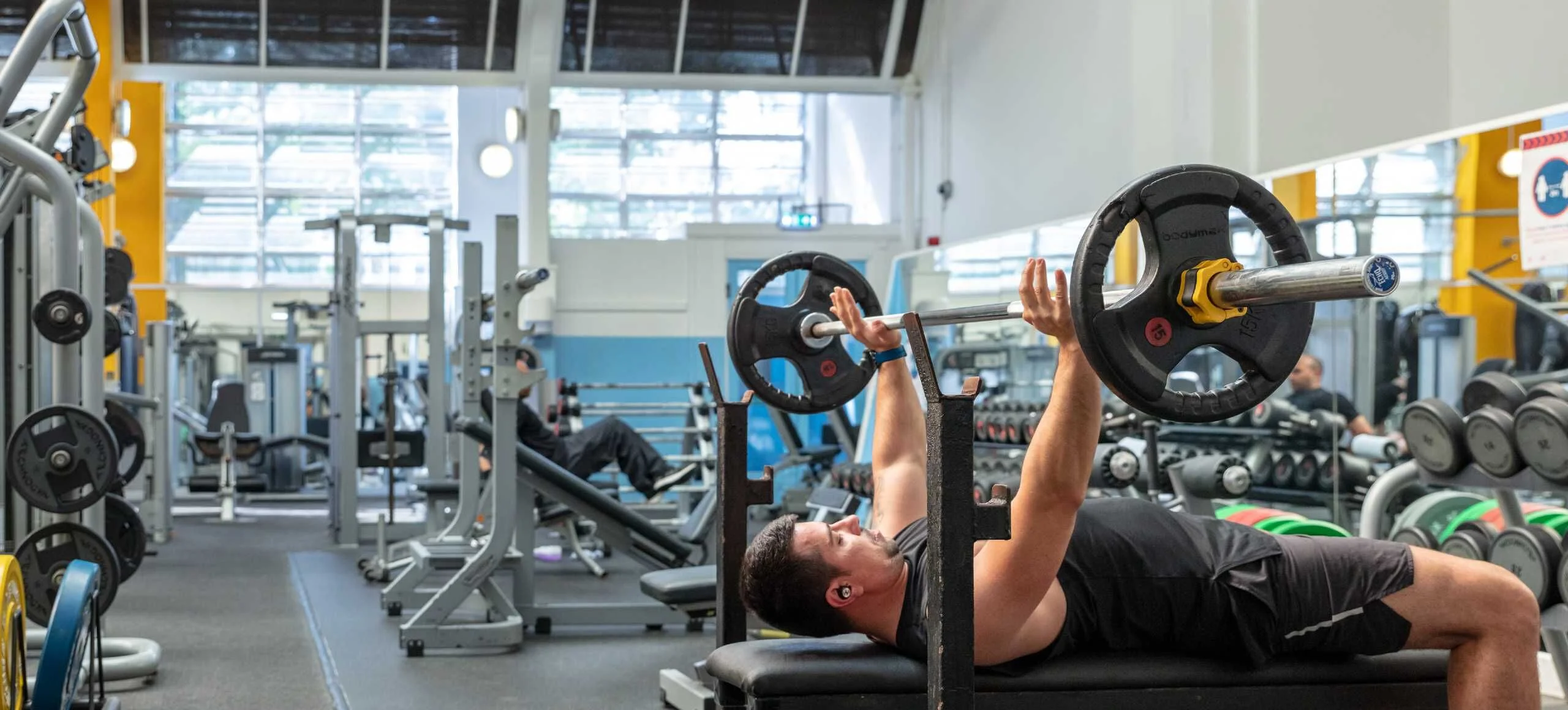Providing care for individuals with disabilities is a demanding and essential task that requires a deep sense of compassion, patience, and dedication. Caregivers play an imperative role in enhancing the quality of life for people with disabilities, ensuring they receive the necessary support to live with dignity and independence. This article explores the vital responsibilities of caregivers, the impact of their work, and how to find a reliable caregiver for your loved one.
Understanding the Role of a Caregiver
Caregivers for individuals with disabilities are responsible for a wide range of tasks that go beyond basic assistance. Their role involves providing personal care, such as bathing, dressing, and grooming, and helping with daily activities like eating and mobility. Caregivers also manage medication schedules, coordinate healthcare appointments, and monitor the health and well-being of the person in their care. In disability care, they often serve as advocates, ensuring their clients’ needs and rights are met.
Emotional and Social Support
In addition to physical assistance, caregivers offer crucial emotional and social support. They help individuals with disabilities navigate social interactions, maintain relationships, and engage in community activities. This aspect of care is vital for providing a feeling of belonging and reducing feelings of isolation. Caregivers also provide companionship, offering a steady source of emotional support and understanding, which is essential for the mental well-being of those they care for.
Skills and Qualities of an Effective Caregiver
Effective caregivers possess unique skills and qualities that enable them to provide high-quality care. These include empathy, patience, and strong communication skills. Caregivers must be able to listen attentively and respond to the needs and preferences of the person in their care. Physical energy and the ability to perform various caregiving tasks efficiently are also important. Moreover, a good caregiver should be adaptable, capable of handling unexpected situations, and able to make informed decisions quickly.
Enhancing Quality of Life
The primary goal of a caregiver is to enhance the quality of life for individuals with disabilities. This involves creating a comfortable environment, promoting independence, and encouraging participation in meaningful activities. Caregivers work to empower their clients, helping them develop new skills and achieve personal goals. Providing consistent and compassionate care enables individuals with disabilities to lead fulfilling and productive lives.
Finding a Reliable Caregiver
Finding a reliable caregiver is crucial to ensuring the well-being and happiness of a person with disabilities. Start by identifying your loved one’s specific needs and preferences. Look for caregivers who have experience in disability caregiving and possess the necessary qualifications and certifications. Personal recommendations from friends, family, or healthcare professionals can be invaluable. Additionally, agencies that specialise in disability caregiving can provide vetted and trained caregivers. Conduct thorough background checks to ensure the caregiver’s reliability and compatibility with your loved one.
Building a Strong Caregiver-Client Relationship
A successful caregiving relationship is built on trust, respect, and open communication. Caregivers need to understand their clients’ needs, preferences, and routines. Establishing clear communication channels helps to address any concerns and ensures that both the caregiver and the client are on the same page. Regular feedback and discussions about the care provided can help improve the relationship and enhance the caregiving experience.
Training and Professional Development
Ongoing training and professional skills are essential for caregivers to stay updated with the latest practices and techniques in disability caregiving. Continuous education helps caregivers improve their skills, learn about new medical treatments, and understand evolving best practices in the field. Encouraging caregivers to participate in workshops, certifications, and other training programs enhances the quality of care and demonstrates a commitment to their growth.
Support for Caregivers
Caregiving can be emotionally and physically demanding. Therefore, it is crucial to support caregivers to ensure they can continue providing high-quality care. Access to respite care, support groups, and counselling services can be beneficial. By caring for their well-being, caregivers are better equipped to support the individuals in their care.
The Impact of Caregivers on Families
Caregivers impact the lives of those they care for and their families. They provide peace of mind to family members, knowing that their loved one is in capable and compassionate hands. This allows family members to focus on other responsibilities and enjoy time with their loved ones without the added stress of caregiving duties. The support and expertise of professional caregivers can make a significant difference in families’ overall dynamics and well-being.
Caregivers play an imperative role in the lives of individuals with disabilities, providing essential support that enhances their lives and promotes independence. Their dedication, skills, and compassion are the foundation of effective disability care. By understanding the critical role of caregivers, recognising the importance of finding reliable professionals, and supporting their ongoing development, you can ensure individuals with disabilities get the care and respect they deserve.




0 Comments